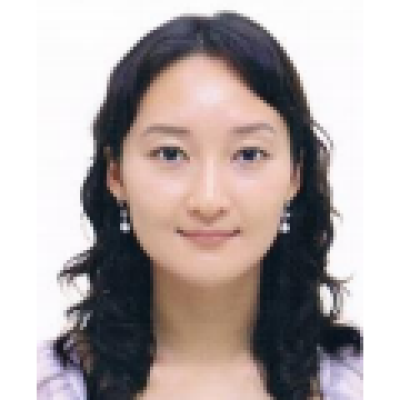Asynchronous (Online) Language Policy / World Englishes / English as a Lingua Franca / Translanguaging Research Report/Paper (Asynchronous)
The Translanguaging Practices of Emergent Korean-English Bilingual Children in Korea
There has been a tremendous growth of multicultural families in Korea since the last forty years. In part from this upward projection, this study investigated how Korean-English emergent bilingual children living in Korea conduct translanguaging practices for various purposes. Anglophone fathers’ perceptions of their bilingual children’s language proficiency, the translanguaging practices of Korean-English bilingual families in Korea, and the impact of translanguaging practices on bilingual children’s self-identity development are explored. There were three major findings. First, parents of emergent bilingual children generally value high proficiency in both languages. Second, translanguaging is often practiced for communicative purposes. Finally, translanguaging has an important effect on emergent bilinguals’ self-identity development. Based on the results, implications are drawn with regards to the needs of emergent Korean-English bilingual children and their families in Korea.
-

Dr. Christina Jung is an Assistant Professor in the Department of Social Welfare at Woosong University in Daejeon, Korea. She has been teaching EFL in Korea for over 15 years, 10 of which have been in the post-secondary setting. Her research interests include multiculturalism in Korea, translanguaging practices in the home and classroom environment, environmental education in the EFL context, and language learning motivation. Her current research project focuses on sociocultural issues pertaining to international students studying in Korean post-secondary institutions.